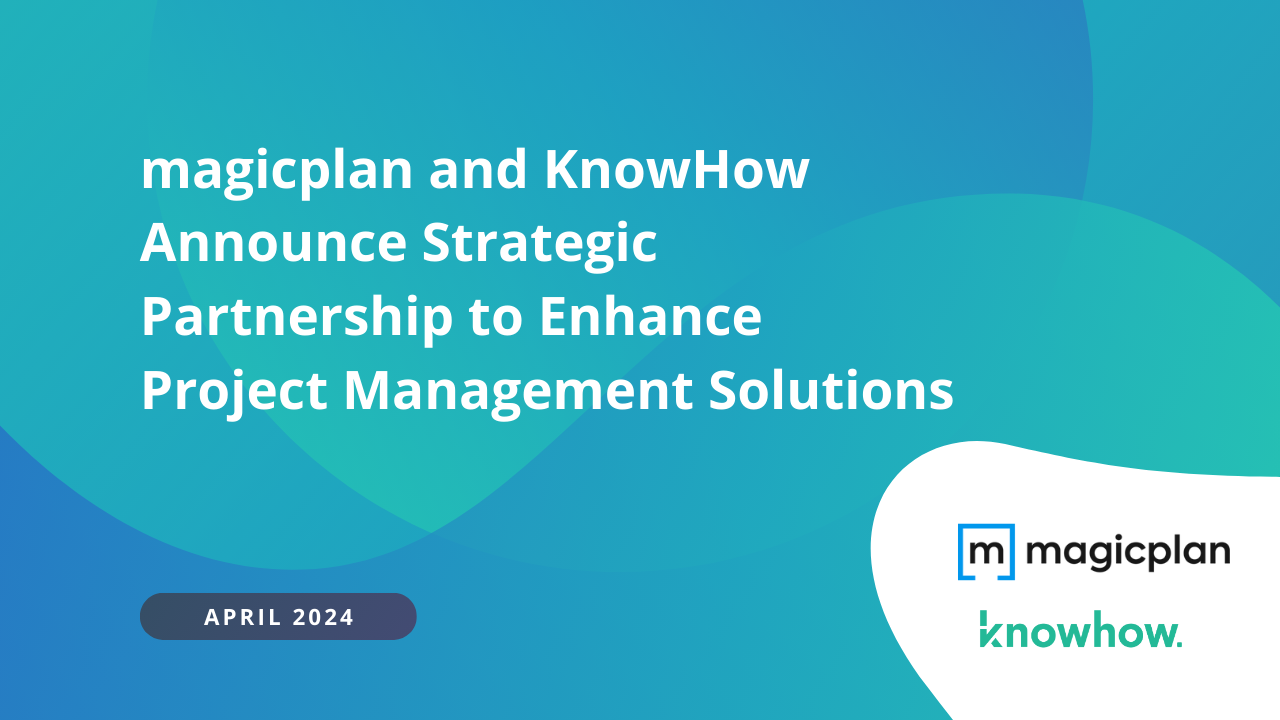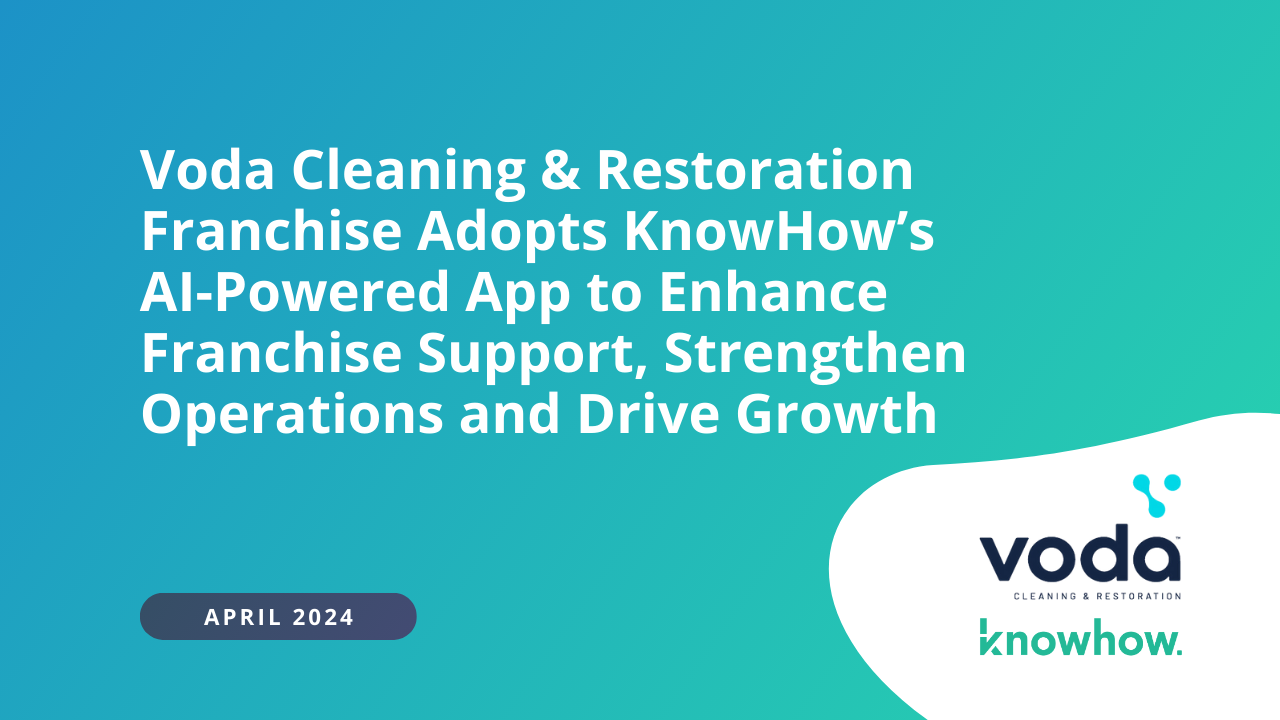How Investing in the Whole Worker Boosts Your Bottom Line



The restoration industry has never respected personal boundaries. With the hectic schedules of on-call hours and 12-hour days, forward-thinking leaders are recognizing this and instead are asking the question: “If working for my company is going to bring some chaos at home, could it also bring some benefits? How can I advance my staff’s whole lives, not just their careers?” This radical way of thinking acknowledges that employees are not just cogs in a machine, but complex individuals with unique goals, fears, and challenges.
By asking themselves this question, these leaders are uncovering a powerful secret: investing in the whole worker can have a profound impact on both individual well-being and business success.
In Chapter 4 of our new book "Winning With Workers", we dive deep into the topic of advancing the whole worker. In this article, we will discuss the main strategies and insights behind this movement in bite-sized pieces. For a full, comprehensive breakdown, download the ebook for free at winningwithworkers.com.
Well-Balanced Workers
Why do today's most innovative leaders care about the personal lives of their employees? Because they’re recognizing what all of us know intuitively: humans are not switches that can turn on “work mode” at 8 a.m. and turn it off at 5 p.m. for “home mode.”
For the old guard of leadership, this may seem unconventional or even intrusive, but the truth is that understanding and supporting the personal well-being of their team members can greatly benefit both employees and businesses.
When leaders take the time to connect with their employees on a personal level, getting to know them as individuals with unique backgrounds and circumstances, they create a positive and supportive work environment. Employees feel valued and understood, which boosts morale and fosters loyalty. This, in turn, leads to increased productivity, improved teamwork, and lower turnover rates.

Financial stress, family troubles, or health concerns can all affect an employee's ability to perform at their best. By providing resources and support to help employees navigate these challenges, leaders can ensure that their team members are able to bring their whole selves to work, both physically and mentally.
Is This What Workers Truly Want?
But here's the million-dollar question: is the focus on work-life balance and holistic well-being just a passing trend, or are the leaders who adopt this approach actually winning? Are they seeing increased worker retention, higher customer satisfaction, and a better bottom line? To answer these questions, we need to understand what today's workers are looking for.
In the largest restoration workforce study conducted, "Why Workers Quit," we found that 23% of Millennials chose their workplace based on the growth potential available to them in the company.

In other words, these employees want to know for certain that a year after accepting a role at your company, they will be much closer to achieving their professional and personal goals than they are today. So, how are these winning companies tackling this?
Personalized Career Paths
One strategy employed by these forward-thinking companies is the creation of personalized career development plans. They work closely with their employees to identify current skills and responsibilities and then collaborate to map out how these can evolve over the next year. By establishing clear roadmaps and checkpoints, employees can track their progress and understand the steps needed to stay on track and achieve their career goals.
This strategy doesn’t only need to be implemented after the hiring process. In fact, an ideal time to discuss this is during the interview process, as it signals to the candidate that you take their growth and well-being seriously by gaining insight into what candidates value and how the company can assist them in achieving their goals from the start of their employment.
Supporting Employees' Broader Life Objectives
Whether it's homeownership, paying off debt, or personal accomplishments, actively engaging with staff to understand their aspirations and find ways to assist them in achieving these goals is crucial. And for companies like Guarantee Restoration, it extends even beyond the employee, and into the lives of their families.
“We have a program here where if an employee’s child is involved in a sports activity or organization, such as Boy Scouts, Girl Scouts, or choir, we provide financial support to those organizations. We want to support them and help our employees and their families grow and flourish.” - Marcie Richardson, Director of HR and Safety, Guarantee Restoration Services
By taking a holistic approach to managing their teams, they create a thriving and loyal workforce that is equipped to handle the demanding challenges the restoration industry throws their way.
What Impact Will This Have on Your Business?
It Will Attract More Workers
Restoration companies today often find themselves "people-restrained" rather than "opportunity-restrained." Talented workers have numerous job opportunities available to them. If your current employment offering doesn't appeal to top talent, you risk interviewing from the bottom of the pile.
Now, let's imagine you're interviewing for a job. The employer says, “Here at our company, we not only want you to achieve success in your work, but we also want you to be successful in your personal life. Over the next 3 years, we believe we can help you improve your physical health, become debt-free, maybe even own a house, support your community, and build strong and healthy relationships both at work and at home.”
Good employers understand the need to make a compelling pitch to potential hires. They showcase clear career development plans to entice workers to join their company. But great employers take it a step further. They extend the intentional approach to development beyond a candidate's professional life and delve into their personal goals as well.
More Energy & Loyalty is Brought to Work
Investing in a worker's whole life yields ongoing benefits beyond the initial job offer. Research published in the Frontiers in Organizational Psychology journal confirms that work-life balance and supervisor support lead to increased job satisfaction and performance.

It is important to note that while salary ranks as the top factor for Gen Z when deciding their future employer, it drops significantly to the fifth spot for millennials. This shift suggests that while a high-paying salary may initially attract younger workers, other factors quickly become more important once they are in the role. Competing solely on hourly wage or salary is no longer sufficient.
When workers achieve personal fulfillment, maintain good health, and reach their goals, they bring infectious enthusiasm and energy to their work. Encouraging physical health helps boost energy levels, while strong relationships and a healthy marriage foster confidence and resilience.
Workers’ Relationships Reinforce Their Commitment
Balanced workers bring new levels of energy and enthusiasm to work, not just because their relationships are strong but because their employers have become a source of pride in those relationships. Leaders of these companies understand that optimizing the answer to the question, “How was work today, honey?” is a critical measure of employee satisfaction.
Having a spouse who feels supported by the company, even if they're not on the payroll, creates a powerful support system. Without this support, tired and stressed workers face a two-front war of stress from work and stress at home, leading to a dangerous cocktail that affects all aspects of their lives.
When friends, family, and spouses notice the difference in their employment experience and witness their employer's care beyond work output, it creates a reinforcing loop. This loop drives worker retention, fosters pride in the company, and creates more opportunities for referrals to unfilled roles.
Conclusion
Companies that prioritize the holistic well-being of their workers will have a distinct advantage in attracting and retaining top talent. By investing in employees' personal lives, companies can create a workforce that is engaged, energized, and dedicated to achieving both professional and personal success. It's time for leaders and owners in the restoration industry to recognize the importance of investing in their workers' whole lives for the benefit of their employees and their business as a whole.
This article only scratched the surface of the valuable insights and actionable steps provided in "Winning with Workers." Download our newest book today to dive deeper into this topic and explore the remaining principles. With this invaluable resource in hand, you can lay the groundwork for a thriving and successful company that attracts and retains the best talent in the industry.
Want to stay ahead in the restoration industry? Subscribe to our newsletter and be the first to read new and insightful articles. Learn from industry experts how to build a playbook for success and how to implement best practices using KnowHow's features. Register Below to never to miss an update.









